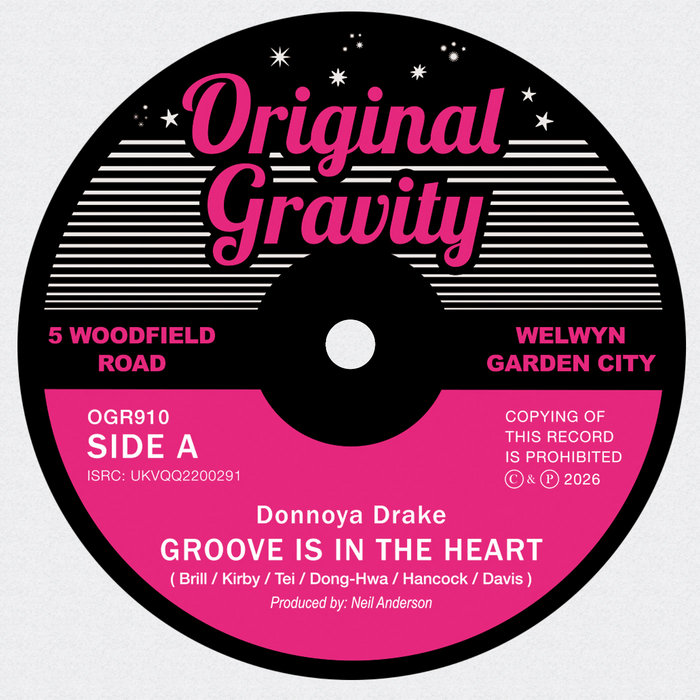
Groove Is In The Heart – Donnoya Drake
this blog is GROOVY – check out great Soul, Funk, Jazz, Hip Hop, Bass, Breaks , Reggae, House n many more TUNES
Ah, reggae! The sound that gets everyone swaying and grooving. With its iconic offbeat rhythm and smooth vibes, this genre has become synonymous with the laid-back culture of Jamaica. Let’s take a cool ride through the history of early reggae, uncovering some funky facts about the musicians who made it happen.
Reggae emerged in Jamaica in the late 1960s, born from a fusion of various musical styles including ska and rocksteady. Ska was fast-paced and filled with upbeat brass sections, while rocksteady slowed things down just a notch but still kept those catchy rhythms alive. As social change swept across Jamaica—think political unrest and economic challenges—a new sound bubbled up: reggae!
The term “reggae” itself is believed to be derived from “streggae,” which means “raggedy” or “a ragged thing.” And if you think that’s fun and quirky—just wait till we dive deeper into the scene!
No discussion about reggae can start without mentioning Bob Marley. Emerging as a pivotal figure by blending traditional Jamaican sounds with folk music influences, his group The Wailers helped to popularize reggae beyond Jamaican shores.
Here’s a funny fact: Marley once said that he would only play one song for half an hour during live performances because he loved seeing people dance! This tune? “No Woman No Cry!” You wouldn’t believe how many times he stretched that groove out!
Next up is Peter Tosh—a talented musician who was all about spreading messages through his music. Known for songs like “Get Up Stand Up,” Tosh wasn’t just about music; he was also an outspoken activist.
One amusing tidbit? During his time on stage, he allegedly had such strong opinions that sometimes he’d forget to tell jokes before performing! Imagine thousands waiting for him to crack one joke instead of diving straight into deep topics like social justice—and then BAM! He’d hit them with the heavy stuff right away!
Of course, we can’t forget Bunny Wailer (born Neville Livingston)—the heartbeat alongside Marley and Tosh in The Wailers. Bunny’s solo career bloomed after their split in 1973 when he released classics like “Blackheart Man.”
In true showbiz fashion, there’s lore around Bunny always making sure his dreadlocks were perfectly styled before shows—to set an example for fans tuning into Rastafarian roots. Because nothing says ‘I appreciate my heritage’ more than looking fabulous while doing it!
Early reggae is defined by its slower tempo compared to ska; it’s got that signature offbeat guitar strum known as “one drop.” Think less frantic energy; picture yourself lounging on a beach somewhere warm instead (even if it’s just your backyard).
Musicians often utilized basslines prominently—like Augustus Pablo’s melodica playing—which brought an otherworldly vibe akin to floating on clouds. It’s almost as if they invented chill-out sessions way before anyone ever coined it!
One hilarious moment came when Pablo performed at festivals; legend has it he’d bring along homemade instruments crafted from materials found at local markets because why not? Talk about being resourceful!
Reggae isn’t just good times—it carries powerful messages infused throughout lyrics reflecting struggles against poverty and oppression faced within Jamaican society.
For instance:
And here comes another funny nugget: Some artists claimed their songs were so deeply philosophical they often confused themselves mid-performance! Imagine trying to remember where you wanted your flow to lead versus ranting passionately for hours—it could happen quite easily.
By the late ’70s and ‘80s, early reggae acts had begun gaining popularity worldwide thanks partly due grassroots movements driven by African diaspora communities embracing their cultural heritage through sound—alongside epic concerts featuring international stars inspired by local artists’ flavor.
What truly cracks me up though is watching bands who thought incorporating drums or horns would automatically make them successful until realizing… Oops—that kind of potential already existed back home since day one!
From humble beginnings steeped in cultural celebration amidst political turmoil arose something magical: early reggae became timeless music inspiring generations globally while maintaining its unique identity forged through community spirit manned by great talents filled with creativity…and plenty quirky moments too!
So next time you find yourself drawn into those hypnotic beats—not forgetting all those goofy stories behind them—you’ll know you’re partaking not only in musical history but also enjoying every ripple from laughter shared across decades upon decades fueled entirely by love—the essence at heart within every strum played under sunlit skies…
Keep vibin’ my friend!

Groove Is In The Heart – Donnoya Drake
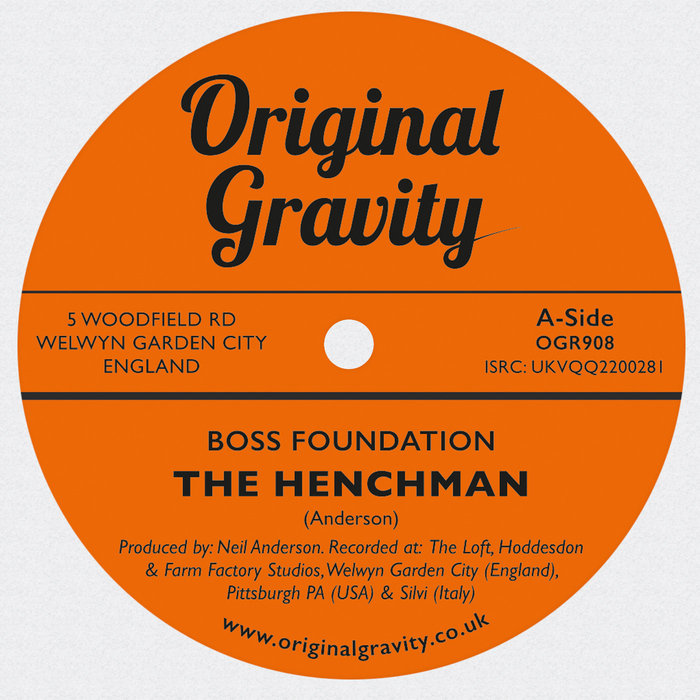
The Henchman – Boss Foundation
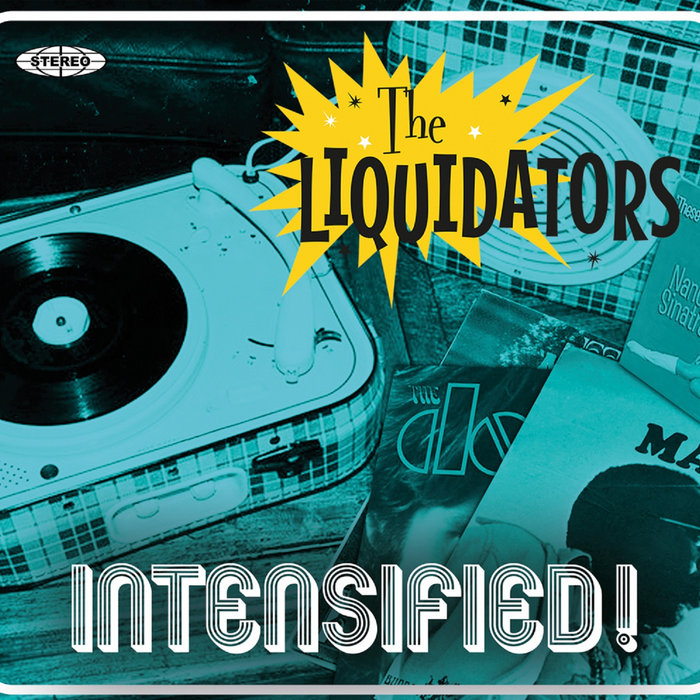
SEVEN DAYS TOO LONG – The Liquidators
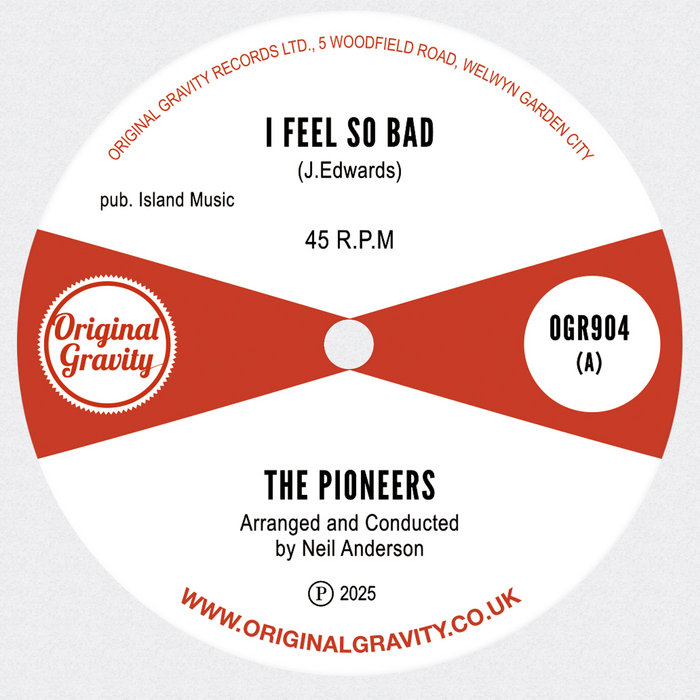
I Feel So Bad – The Pioneers
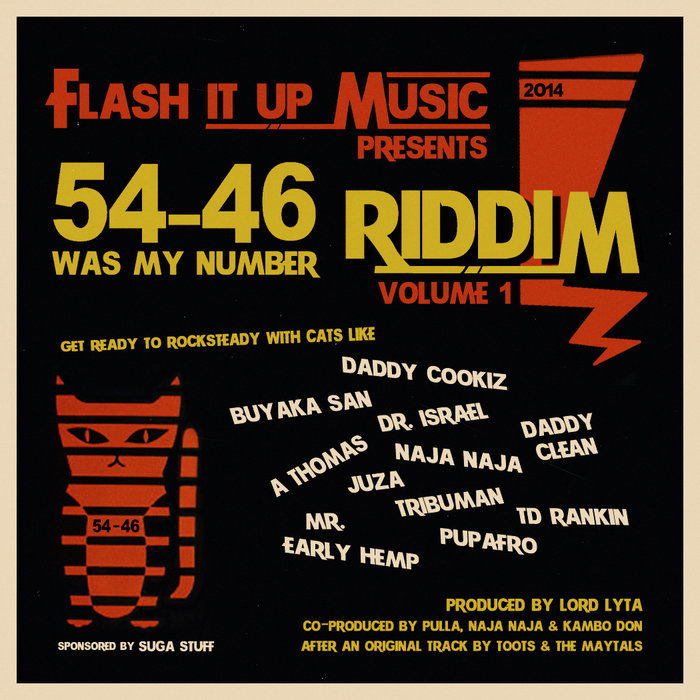
Notre Arme – Flash it Up Music